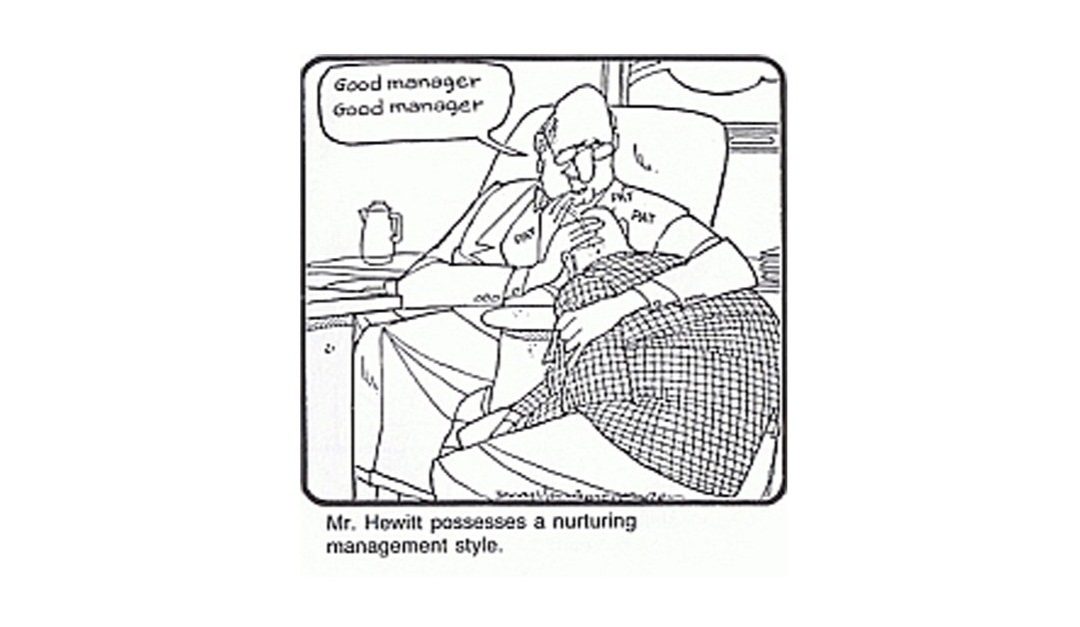- “They don’t treat me like one of the gang anymore.”
- “I had a friendly chat with Joe over lunch, but nothing’s changed—why?”
- “I’ve treated them like family, and this is the thanks I get.”
- “People take advantage of my kindness—it’s so frustrating.”
Sound familiar? If you’re feeling left out or struggling to get people to do what’s needed – despite being generous and approachable – here’s the truth. Great teams aren’t built on friendship. They’re built on leadership.
The cost of being ‘one of the team’
Maria runs a high-end fashion boutique in the Cotswolds. She’s built a thriving business over 25 years, and many of her team have been with her for a long time. But something isn’t working.
Staff complain behind her back. They gossip – even in front of customers. Rivalries are causing tension. Maria, always warm and kind, has tried to keep the peace, listening to problems, accommodating shift requests, and being the ‘understanding’ leader. Now, she feels trapped – criticised when she makes decisions, resented when she enforces rules, and, worst of all, undermined in her own shop.
The trouble is, leadership isn’t a popularity contest. If your team sees you as a friend first and a leader second, they’ll struggle to respect your authority when tough decisions need to be made.
Leading beats bonding
Many founders fall into the same trap—believing leadership is just technical know-how plus social skills. So they offer pizza nights or one-on-one beers, thinking that’s ‘team building’.
But your job isn’t to be liked. It’s to set the vision, ensure financial health, and create an environment where your team thrives. That means leading conversations about business goals – not just having a friendly chat about their weekend.
Work is not a social club
Some colleagues naturally become friends. That’s fine until conflict arises. Work friendships struggle to withstand tough feedback, disagreements, or big business decisions. Teams built on clear expectations and professional respect, however, handle challenges far better.
If you want a high-performing team, set ground rules for communication:
- Be present – Show up prepared. No phones, no distractions.
- Focus – Meetings are for business, not emails or personal chats.
- Speak up – Be honest, be respectful.
- Make requests, not complaints – No gossip, no passive aggression.
- Keep your word – Do what you say you’ll do.
- Own your opinions – Say “I think” instead of hiding behind “we all feel.”
- Listen fully – No interruptions, no side conversations.
- Get to the point – Be clear and concise.
- Try ideas on for size – This is work, not a debate club.
- Respect confidentiality – If you wouldn’t say it to their face, don’t say it at all.
- Decide by alignment – Aim for team buy-in, not forced agreement.
- Move on – Park issues that can’t be solved right now.
Strong leaders create a culture of trust, accountability, and high performance. Not by being everyone’s friend – but by being the leader their business needs.
